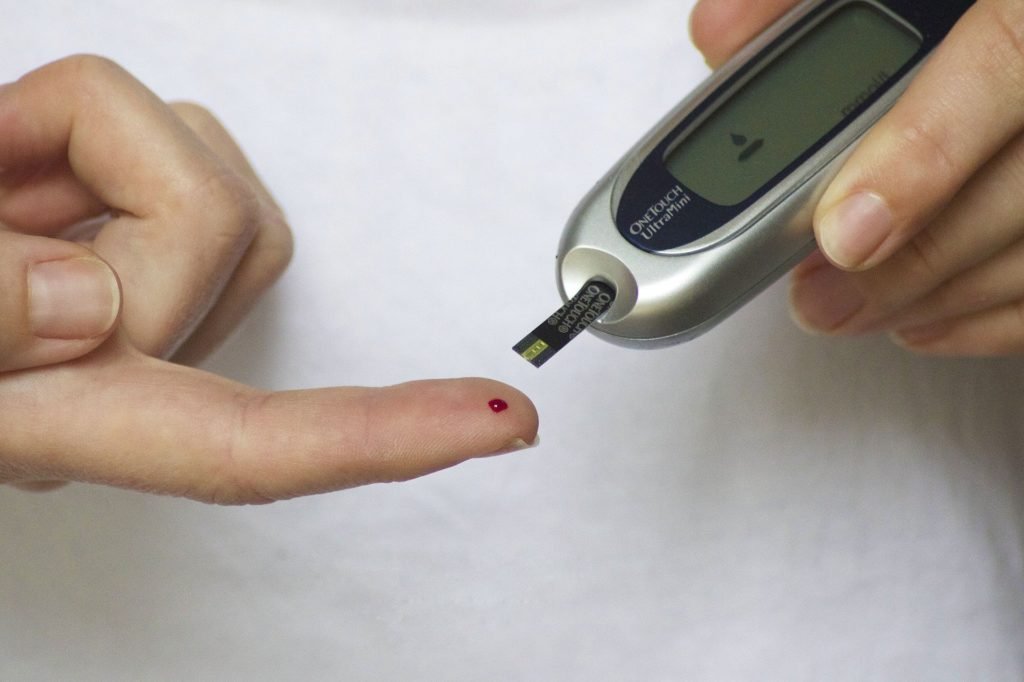Pain can be an unpleasant feeling depending on the area of injury and whoever is in pain. It may cause one to have sleeping problems, lose appetite and affect moods. Suppose you are a victim of Expert Pain, it is wise to consult qualified experts on how to manage your pain and restore your health. They will treat the cause of your pain and give you the best pain management tips.
What is pain management?
Pain management is the application of techniques and strategies to relieve and treat chronic pain. You may need to see a doctor develop a program that will work to improve your condition, considering age factors and your overall health.
Why do you need pain management?
Pain is an indication of an injury and something wrong in your body. You may need pain management so that the pain can go away after your body recovers from the ailment. Managing pain helps your body heal, enabling you to go about your everyday activities and improve your life quality. You may also experience long-lasting pain if you have chronic conditions like cancer. There are other conditions requiring pain management, including:
· Nerve pain
· Arthritis
· Failed back surgery syndrome
Types of pain
Pain can either be:
· Acute pain
This type of pain may start suddenly and only last for a short time. It may eventually go away as your body recovers: but if left untreated can develop to be chronic pain.
· Chronic pain
This type of pain gradually develops and may last for a long time. Depending on the chronic condition, the pain can last up to years. It may be pain from an illness or an injury.
What are the available treatments for pain management?
Your doctor may need to review your pain history to determine factors such as the duration and intensity. This review will help find the sole source of the problem and identify the correct treatment. You may require treatment if you have chronic pain. These treatments may help reduce and relieve the symptoms you are experiencing. They may consist of:
· Epidural injections
These injections contain a local anesthetic and a chemical component corticosteroid that your doctor will inject into the space that surrounds your spine.


